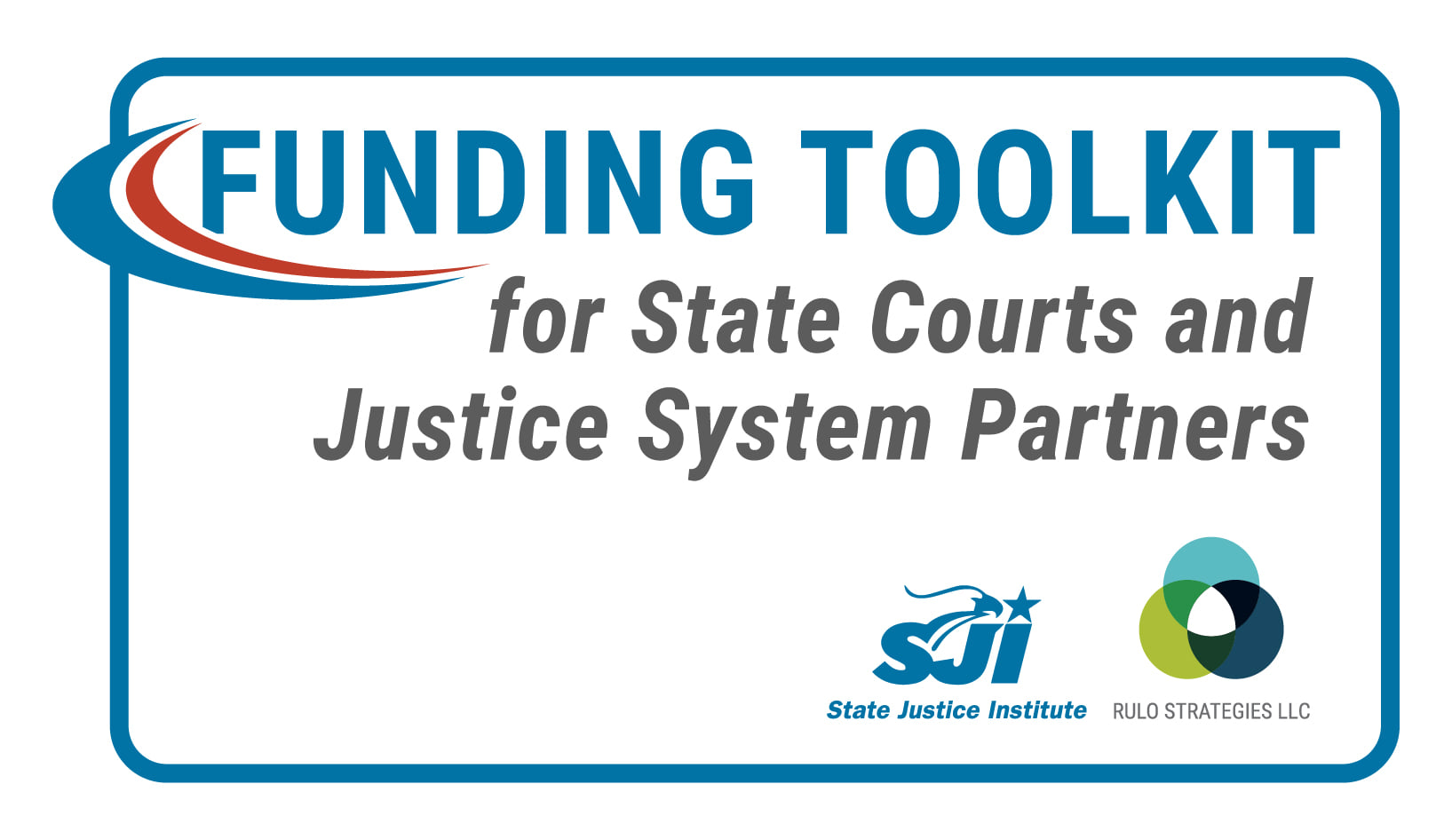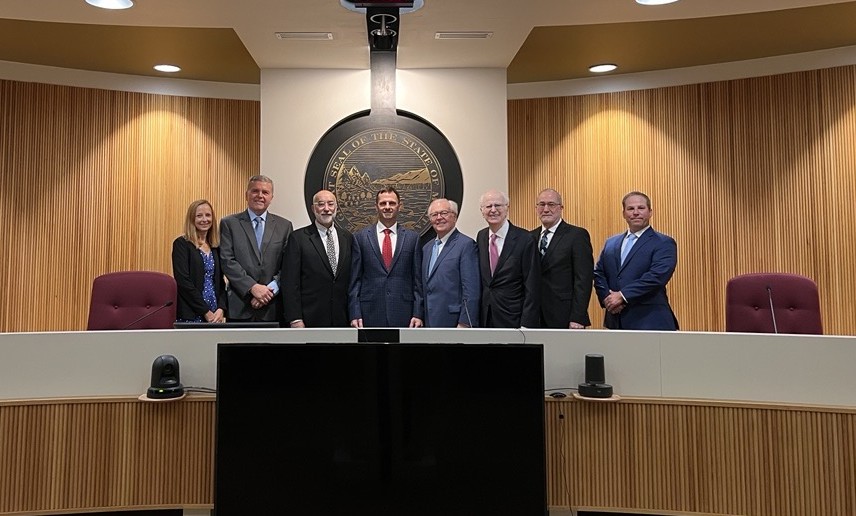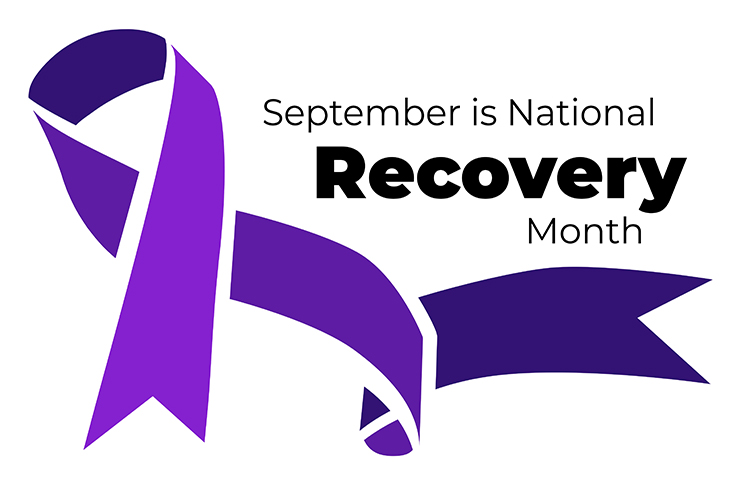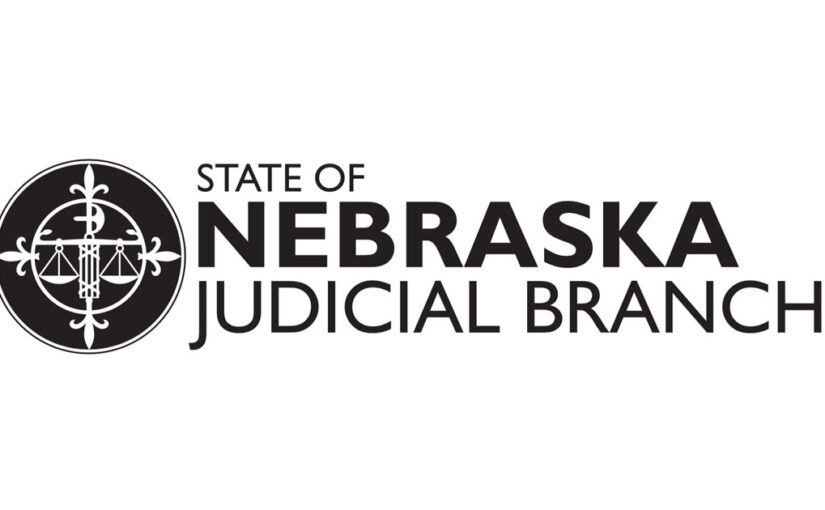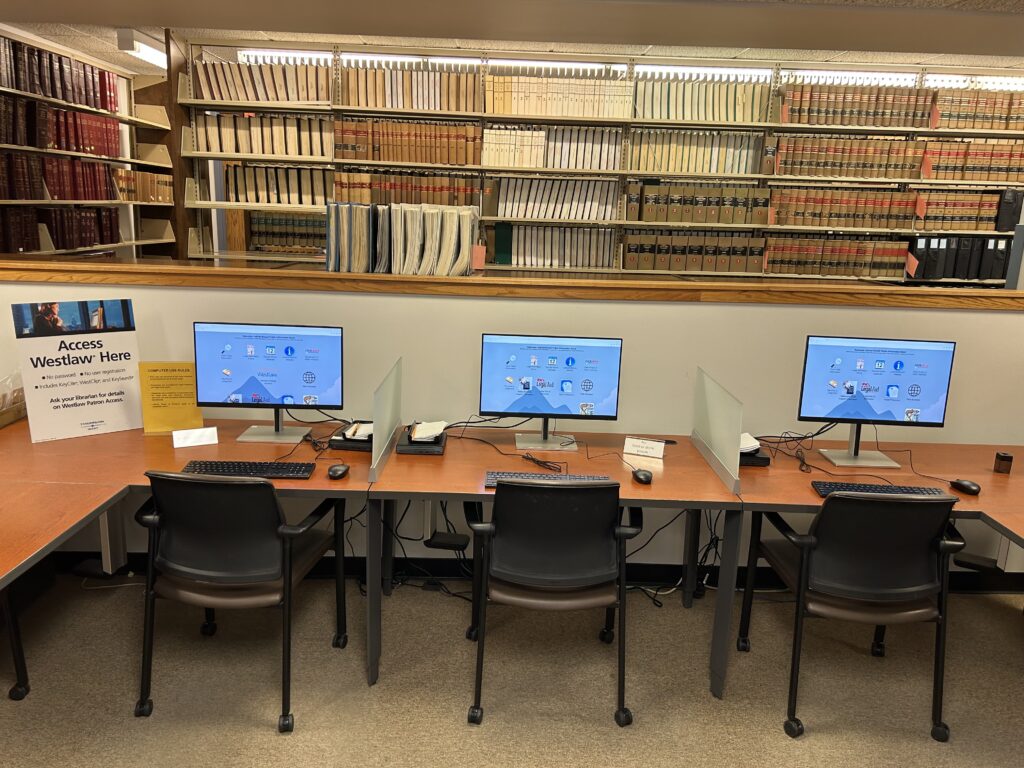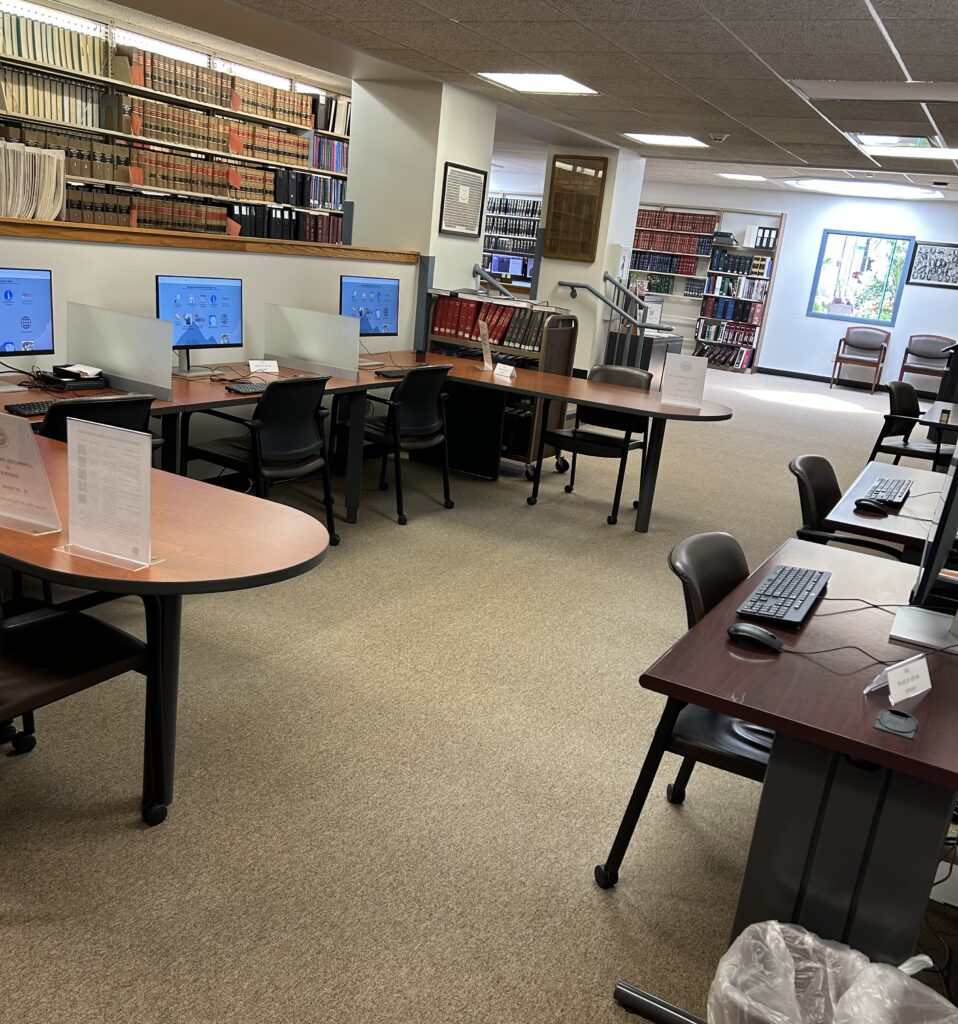The SJI Board met on September 15, 2025, and awarded eight (8) new grant applications totaling $1,459,951 for the 4th quarter of FY 2025.
The Board awarded three (3) Strategic Initiative Grants (SIG) to: National Council of Juvenile and Family Court Judges (NCJFCJ) to develop of memorandums of understanding between state courts and military installations addressing jurisdictional issues involving military families, especially juveniles; the National Center for State Courts (NCSC) and Innovation for Justice to establish and inventory of existing and possible legal desert interventions and assemble a cohort of state courts to implement legal desert solutions; the NCSC, in partnership with the Conference of Chief Justices and Conference of State Court Administrators to support state teams committed to behavioral health system improvement;
A Project Grant to WarriorNOW to launch a Veterans Justice Reentry and Peer Navigation Program – a statewide initiative in Colorado that will be aimed at improving outcomes for justice-involved veterans by embedding trained peer navigators in local courts. At least half the local court sites will be in rural areas of the state where resources are limited.
Three (3) Technical Assistance Grant applications were awarded to: the Supreme Court of Kansas to engage the NCSC to assist in its effort to launch a pilot navigator program in Douglas and Sedgwick counties to better serve self-represented litigants; the Council for Court Excellence to update and expand self-help probate materials and resources; and the Superior Court of Merced County, California, for a strategic planning project.
A Curriculum Adaptation and Training Grant was awarded to the National College of Probate Judges to design, develop, and deliver educational content to further enhance the knowledge and skills of probate judges, magistrates, and court employees, significantly improving the administration and quality of justice in the probate courts across the United States.
In addition, five (5) state courts were awarded SIG grants through a Request for Proposals process to improve responses for youth and young adults involved in the justice system. California, Minnesota, Montana, Guam, and the Commonwealth of the Northern Mariana Islands were awarded grants totaling $515,000 for systems assessments, action planning, and implementation to support young people who enter juvenile or adult criminal courts. Following the National Convening on the State Courts’ Role in Effective Justice for Young People in March 2025, the 5 grant recipients requested additional assistance to improve their efforts and build on momentum gained during the event. The convening was the first of its kind to bring together judges, court leaders, and professionals from 47 states and U.S. territories to address how courts can better serve youth and emerging adults with justice system involvement. Each grant recipient will receive support from the collaborative — which includes the NCSC, the NCJFCJ, the Council of State Governments, and the National Conference of State Legislatures.
The next deadline for grant applications is November 1, 2025 (1st Quarter of FY 2026).


